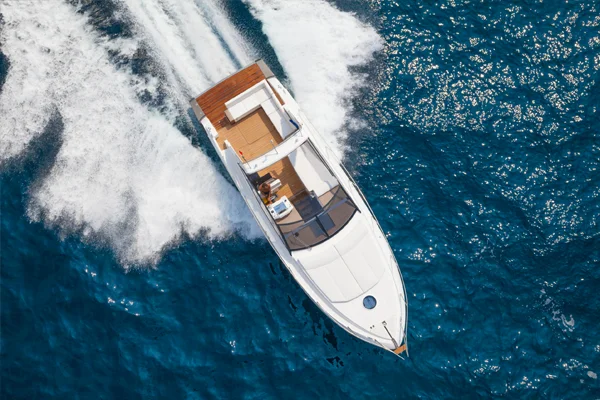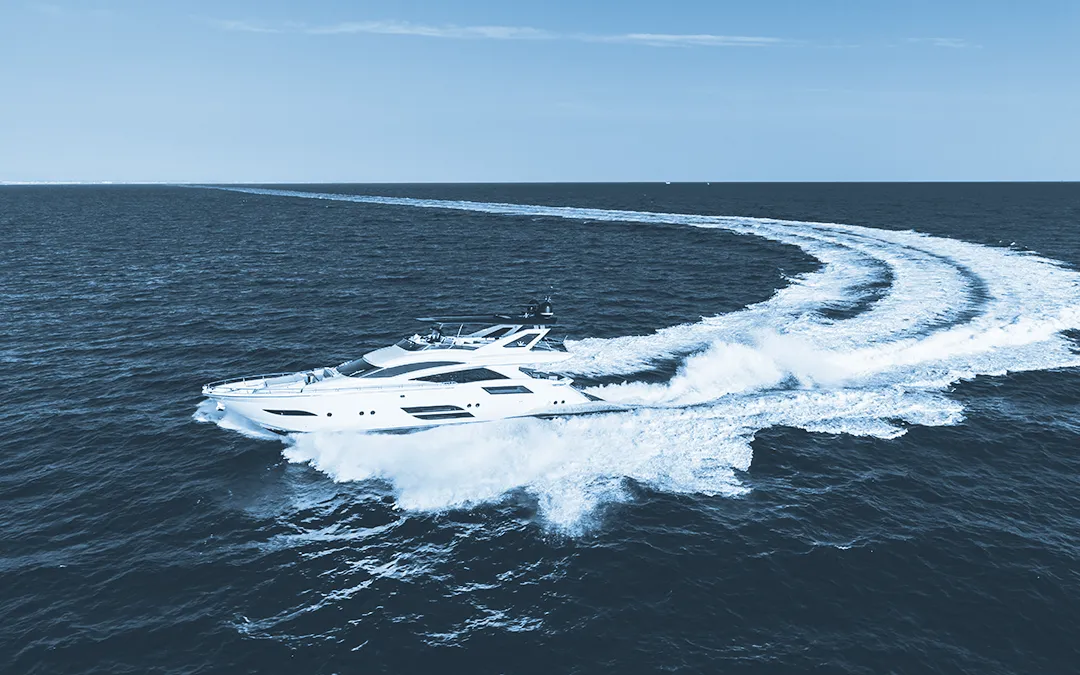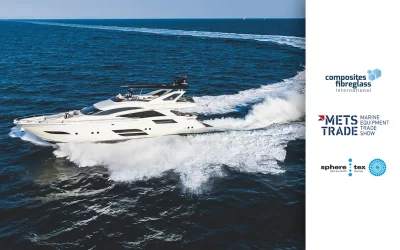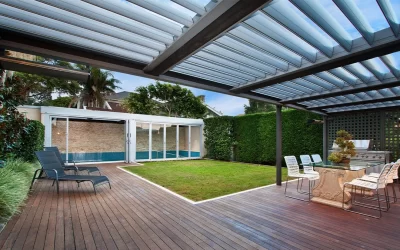Composites Fibreglass International recognises the importance of resins in the marine industry as a supplier and producer of composite materials. Resins are critical components of composite materials that contribute significantly to the strength, durability, and overall performance of marine composite constructions. In this article, we will explore the significance of selecting the appropriate resins for marine composite constructions, as well as the various types of resins widely used in the maritime industry.
Factors to Consider When Choosing Resins for Marine Applications
When choosing resins for marine applications, several factors must be taken into consideration, including the following:
Exposure to Harsh Environmental Conditions
Maritime constructions are constantly subjected to adverse environmental conditions such as saltwater, ultraviolet light, and extreme temperatures. As a result, it is critical to select resins that have been specifically engineered to withstand these circumstances.
Required Strength and Durability
Different marine applications require varying degrees of strength and durability. As a result, it is critical to use resins that can match the project’s specific strength and durability requirements.
Cost
Cost is always a factor when choosing materials for any project. While higher-quality resins tend to be more expensive, the cost must be balanced against the benefits of improved performance and longevity.

Types of Resins Used in the Marine Industry
There are several types of resins commonly used in the marine industry, including the following:
Polyester Resin
Polyester resin is a low-cost option that adheres well to fibreglass and other composite materials. It is also water and chemical resistant, making it an excellent choice for marine applications. Polyester resin, on the other hand, is not suggested for use in situations requiring significant strength or impact resistance.
Epoxy Resin
Epoxy resin is a superior option for applications requiring greater strength and impact resistance. In comparison to polyester resin, epoxy resin has greater mechanical qualities, including stronger tensile strength, flexural strength, and impact resistance. It is also more resistant to fatigue and creep, making it an excellent choice for marine constructions under constant stress.
Vinyl Ester Resin
Vinyl ester is another type of resin that is commonly used in the marine sector. Vinyl ester resin combines the low cost of polyester resin with the outstanding mechanical qualities of epoxy resin. It’s also resistant to water, chemicals, and UV rays, making it a perfect choice for marine applications.
Application of Resins in the Marine Industry
Resins are used in various marine applications, including the following:
Hulls and Decks
Fibreglass is bonded to the hull and deck of boats and other marine vessels using resins. Because of its exceptional mechanical qualities and resistance to water and chemicals, epoxy resin is frequently employed for this purpose.
Marine Structures
Resins are used to make composite materials for docks, piers, and offshore platforms, among other marine structures. The type of resin utilised for these applications will be determined by the project’s unique strength and durability requirements.
Watercraft Parts
Resins are used to make a variety of watercraft parts, such as propellers, rudders, and steering systems. Its greater strength and resistance to impact is the reason why epoxy resin is often employed for these purposes.
Benefits of Using the Right Resins in Marine Applications
Using the right resins in marine applications offers several benefits, including the following:
Improved Performance
The use of high-quality resins can significantly improve the performance of marine structures, making them more durable and reliable.
Increased Longevity
Maritime constructions subjected to extreme climatic conditions suffer significant wear and tear. These constructions can have greater durability by utilising the correct resins, decreasing the need for frequent repairs and replacements.
Enhanced Safety
Maritime constructions built with high-quality resins are less prone to fail under stress or exposure to external variables, resulting in increased passenger and crew safety.
To summarise, the significance of selecting the appropriate resins for marine composite structures cannot be emphasised. The use of high-quality resins can considerably improve marine constructions’ performance, longevity, and safety, making them more robust and reliable. At Composites Fibreglass International, we recognise the importance of resins in the marine industry and are dedicated to supplying our customers with cutting-edge technologies and specialised solutions to satisfy their individual requirements. Call us today to learn more about our process and our extensive line of composite materials and marine industry solutions.
Thank you for reading our blog. If you have any questions or would like to learn more about our products and services, please don’t hesitate to contact us. Our knowledgeable team at Composites Fibreglass International is here to assist you and provide you with the information to meet your needs.



